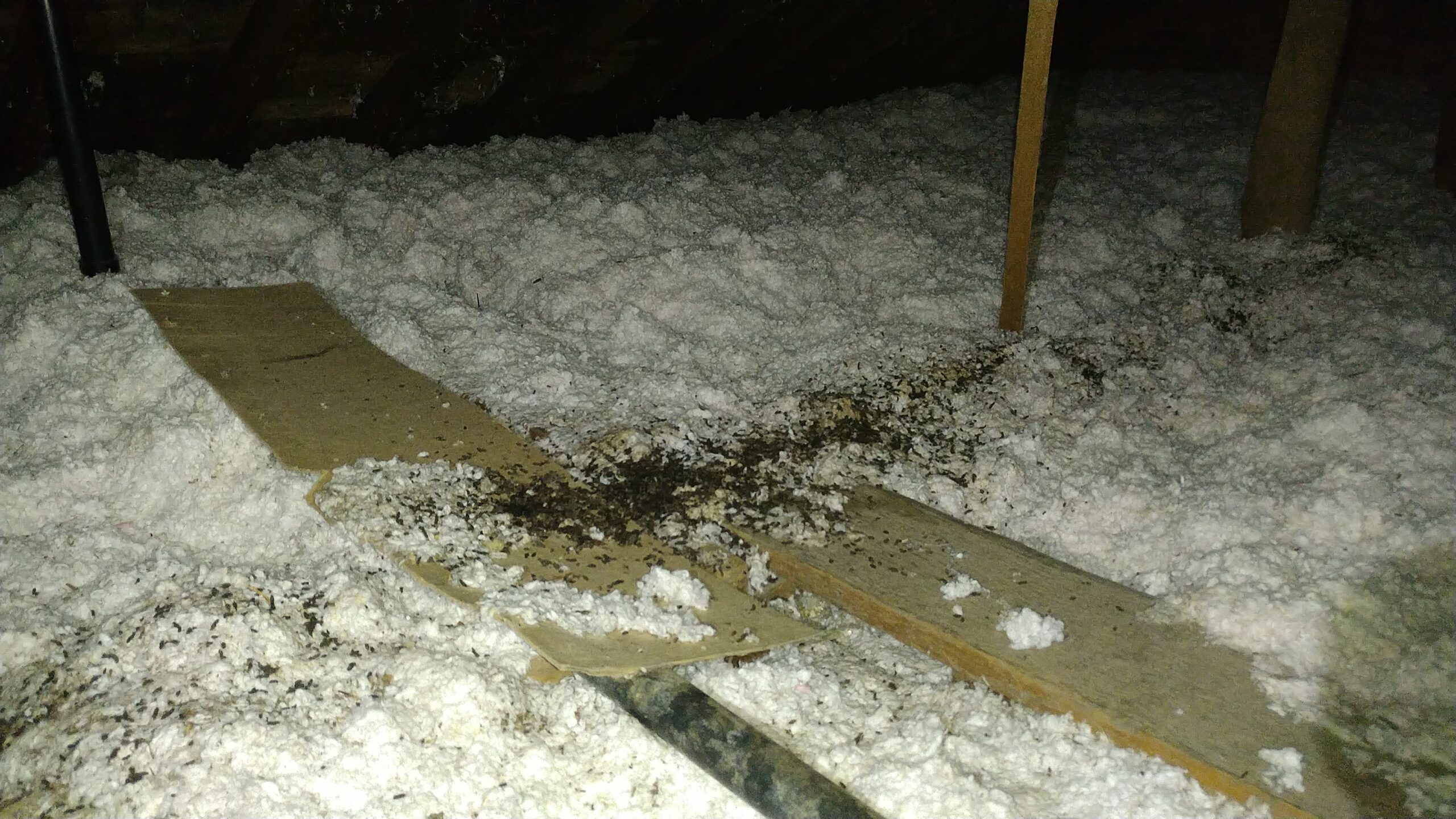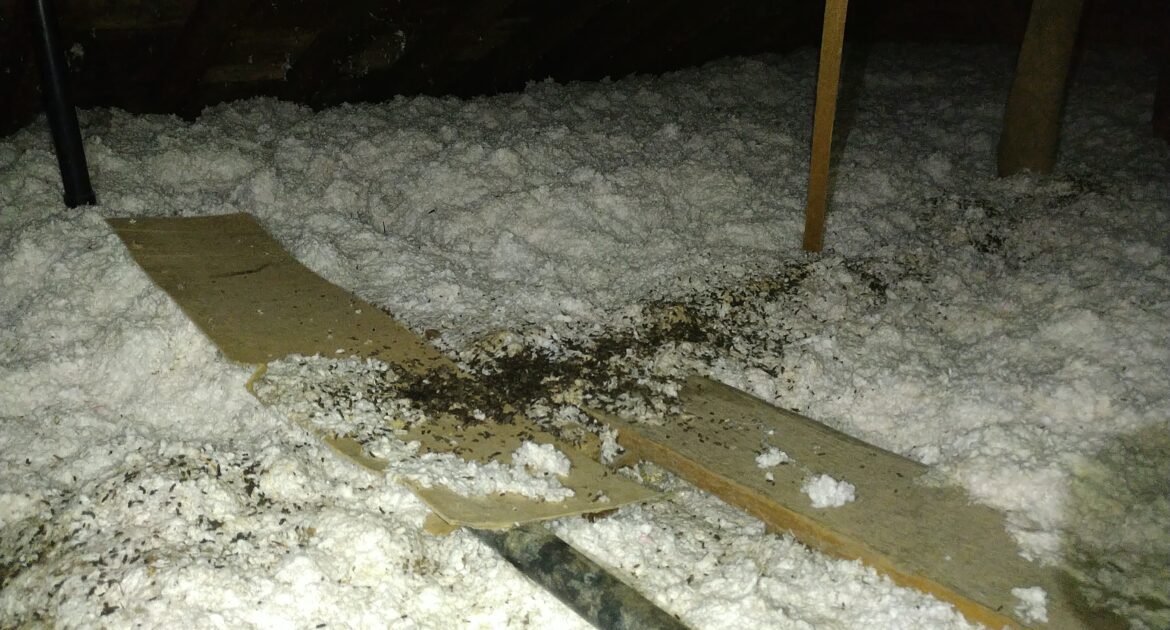Animals are sneaky. You may suspect animals are invading your home but can’t locate them. Luckily, you have one of nature’s best detective tools at your disposal. Your nose! With your sense of smell and a bit of help from wildlife removal in Oshawa, you can stop your pest problem for good. Use your sniffer in the following ways to get rid of your furry invaders.
Sniff Out Excrement
All critters need to go number two. You will likely see and smell evidence in or around your property. Feces from larger creatures will give off a strong scent, especially if it’s fresh. Scat from smaller species can accumulate, and odours can build. Bat droppings, for example, are only about the size of a grain of rice. However, bats don’t live alone, they live in colonies. As the guano piles up, your attic will give off quite a stench.
Sometimes, urine is the bigger problem. Some critters, like rats, have a more substantial ammonia content in their waste. Ammonia fumes will sting your nostrils. Some varmints, like mice, have a stale urine odour. Urine could soak through your flooring and stink long after the animal has gone.
Find a Dead Animal
After something dies, it decomposes and produces varying degrees of funk. You could catch a whiff of musk, fish or garbage. Wildlife could die within your walls, in an attic, crawl space or outside. Follow the scent trail to locate the source. A professional from Skedaddle Humane Wildlife Control can remove the carcass and help with the subsequent repair. Never clear a dead animal from your property on your own.
Identify Their Aroma
Sometimes animals just stink. The most obvious example is a skunk. Skunks give off their particular brand to ward off predators. If you detect a skunk, especially at night, it may have a den nearby.
Nesting materials could also leave an odour. Squirrels and other smaller mammals will build nests with wet leaves, moss or other materials from outside. This material bound together, combined with humidity, could have a musty bouquet. Venturing out for nest materials could also cause problems. Interlopers coming in from the rain don’t have a hairdryer. And you can bet they don’t shower.
Clean and Deodorize
You’ve found the smells. You know where they came from, but what now? Even after your house guest is gone, their scent may remain. Once cleared, blot the area and don’t scrub. Soak the stain with a mixture of white vinegar and water for a few minutes, then blot the excess liquid. Sprinkle with baking soda and let dry, then vacuum. Repeat if necessary. You can also try coffee grounds to soak up lingering odours. You should always wear gloves and masks when cleaning droppings on your own. The best way to get rid of the stench is to allow the pros at Skedaddle Humane Wildlife Control to help. We use tried and true wild animal and odour removal methods to make your home fresh again.
Avoid Dangerous Diseases
Not only is an infestation disgusting, but it could leave behind dangerous diseases. Rabies, parasites or hantavirus are common diseases found in household pests. You don’t always need to touch a critter to fall ill. It’s possible to inhale a virus via spores when breathing near contaminated bodily waste. For this reason, you should always contact a professional for removal and disinfecting.
Smelling animals in your home is never pleasant. Use your nose to sniff out excrement and remains. Everyday products can help deodorize your space. Remember, an infestation could cause health problems for your family. Contact us at Skedaddle Humane Wildlife Control to find, remove and clean up after the issue. We’ll help get rid of your stinky houseguest.




